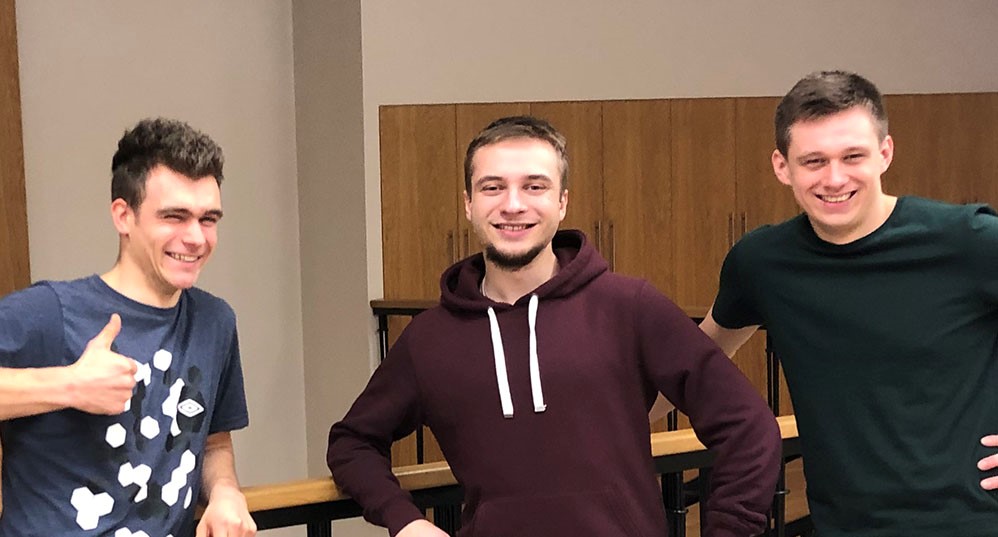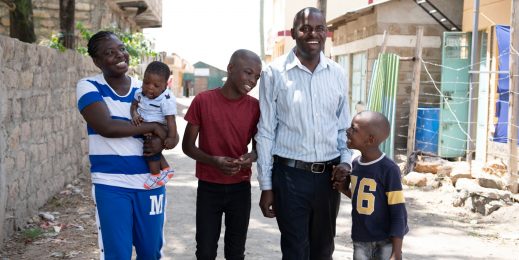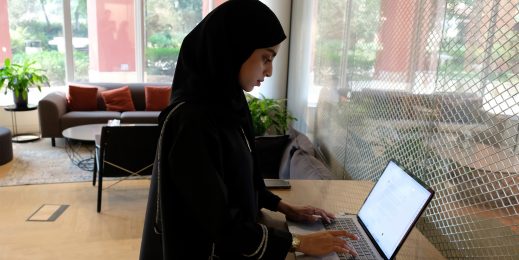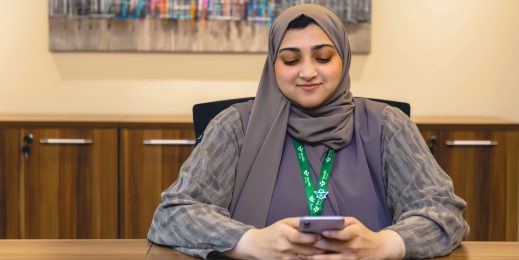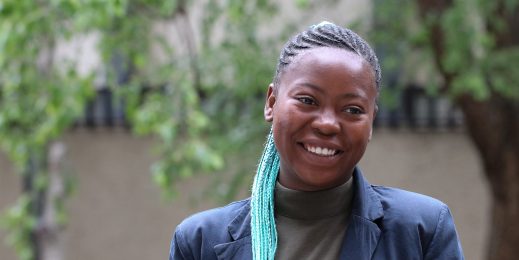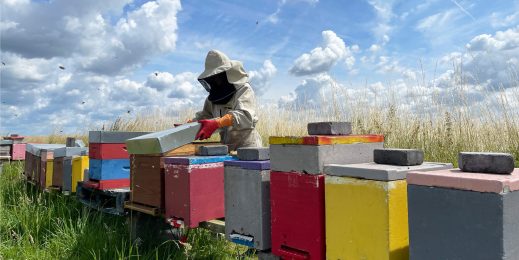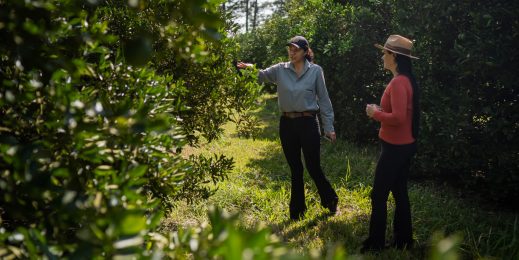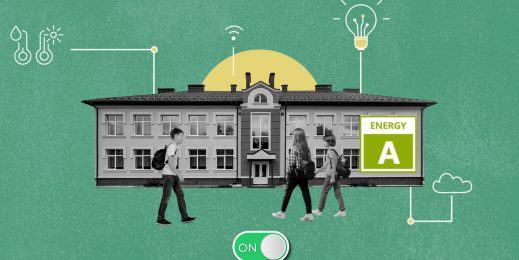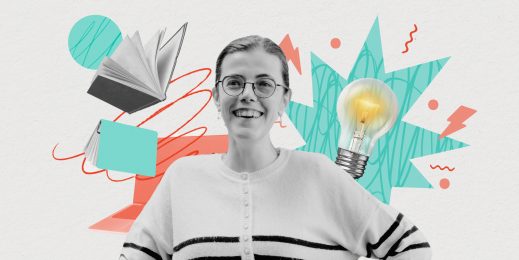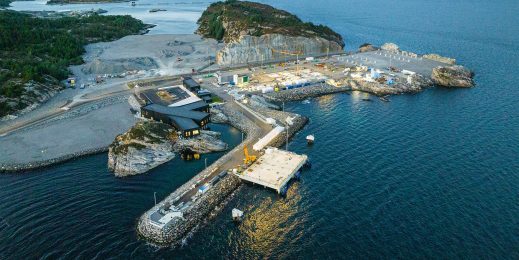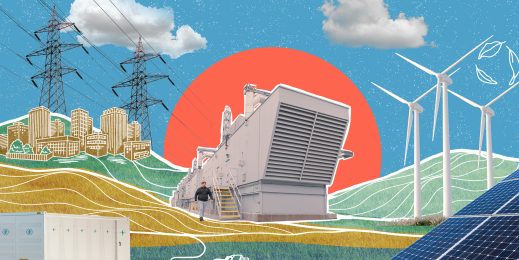
Microsoft Imagine Cup 2020: these ten EMEA teams have their eyes on the $100,000 prize
It’s not every day you get a chance to win $100,000 and a personal mentoring session with Microsoft CEO Satya Nadella, but for a select group of students, that dream could soon become a reality.
Ten teams from across Europe, the Middle East and Africa will participate in the Microsoft Imagine Cup EMEA semi-finals, fighting for their place in the grand final later this year. With 50,000 USD Azure credits also making up part of the overall first-place prize, the teams have it all to play for.
From sustainability to empowerment and more, technological innovation has the power to make our world a better place, and younger generations are more motivated than ever to help contribute towards positive change.
Initiatives like the Microsoft Imagine Cup help encourage the brightest and best students to develop world-changing technology projects by unlocking their creativity with guidance, knowledge, and resources. Founded in 2003, it’s the world’s largest student technology competition, with thousands of students participating from around the world each year.
So, who’s competing from EMEA? Let’s take a look:
Allez (Ukraine)
“Each member of our team has experienced how solid communication with a coach can have a positive impact on personal development. Using analytics and a mobile app, we’re aiming to bring this positive impact to everyone.”
Allez is a solution designed to help athletes achieve their maximum potential. Using a mobile app, users can capture a whole host of data and analytics which can then be reviewed with their coaches.
Initially developed for fencing, the Allez team began to realize the importance of the athlete-coach relationship, and realized that the app provided a way for coaches to give each student the best advice and training – even in a class of multiple students where attention needs to be divided up among individuals. The team is continuing to develop the app for fencing, with ambitions to apply it to other sports in future.
ALOIS (Sweden)
“We’ve heard about many emotional stories in which younger people, particularly those in Gen Z, are losing their lives as a result of depression. We use data to help provide individual treatment, tailored to each individual.”
ALOIS is a social bot that brings patients with depression and psychologists together. Using the bot, healthcare professionals can receive important insights, such as a patient’s mood, or any negative impacts from different treatments.
Using data gathered from the bot, insights can be made into what treatment avenues are best for each patient, allowing the care to be tailored for each individual. ALOIS can also refer patients to suitable psychologists, increasing the chances of successful treatment, and features speech and text tools to cater for patients with reading and hearing difficulties.
Casie (Switzerland)
“We want a world in which people’s emotional wellbeing is taken care of – a world with less mental health problems. That’s the world we want to live in.”
The Casie team knows that being a student can bring with it intense stress and anxiety; but they also believe that it’s possible to help address those issues through technology. With that inspiration in mind, their solution uses facial keypoints to track emotions, which can be useful for gauging how students are absorbing information. This can include measuring how difficult someone is finding a task, or the emotional well-being of that student.
Many existing solutions, such as behavioral rewards, can be expensive and potentially ineffective over the long term, which is why team Casie believes that a fundamental change from focusing on results is required. This solution aims to ensure that emotional data, with periodic reporting, enables long-term analysis and improvements in education and mental healthcare.
The Knights (Kenya)
“We named ourselves after the knights of old – following noble ideas and helping people. We want to put farmers, and consumers of their crops, first”
Motivated by the problems that crops pose for farmers in Kenya, The Knights’ solution consists of a weed-removing robot that’s intelligent enough to differentiate between crop-destroying weeds and the crops themselves.
Cheaper and safer for the environment than pesticides, the offline-capable robot uses machine learning models based on a custom vision API to identify what needs to be removed, saving farmers from having to manually de-weed their land.
meCare (Russia)
“One of our family members survived cancer thanks to early screening, and millions of people with genetic predispositions around the world need to check their skin. We want to make detection and prevention easier for people.”
meCare is a smartphone application which can help with the initial screening of malignant tumours. By taking a picture of moles and other skin formations using their phone, patients can receive an initial insight into whether further attention is recommended. To increase the accuracy of readings, a device measuring electrical conductivity can also be used, and information can be used by a doctor to increase the accuracy of the diagnoses.
During the research phase, team meCare was able to identify two cases of skin cancer. One case involved a suspicious mole resulting in early diagnoses and successful treatment, and several people now use the application to monitor their moles.
Monica (Poland)
“Blindness affects around 50 million people across the world, and there are 150 million people with severe vision impairments. We want to tackle the many problems that people with visual problems encounter on a daily basis.”
Monica is a system designed to help improve the lives of people with vision impairments. Centered around a pair of camera-enhanced glasses, Monica plays the role of a visual assistant that responds to voice commands. By using advanced computer vision algorithms, Monica analyses images before speaking the results out loud, for easy, instant results, without having to pull out a smartphone.
The team was motivated to help the large number of people with severe vision problems, and sought out the help of a developer who is also blind, to help design the solution.
RedWalls (Tunisia)
“In the words of Robert A. Heinlein, everything is theoretically impossible, until it is done. Today, with AI, technology and powerful computers, the only thing that can make us abandon our fight against Alzheimers, is believing that it’s incurable.”
Team RedWalls’ solution called I-Remember is a smartphone app designed to facilitate the wellbeing of both Alzheimer’s patients, and their caregivers. The app includes task reminders, live facial recognition, labelled photos, emergency location and call assistance, as well as memory games to help evaluate and train the user’s memory.
A user-friendly experience was a top priority for the team, and members have researched Alzheimers in detail to help them understand the facets of the disease, and how best to help people deal with it.
Vhysio (United Kingdom)
“We feel that our solution thoroughly serves those who could benefit from it. We realise that we stand on the shoulders of giants, and couldn’t have done this without the use of innovative technology.”
Vhysio is a machine learning web app enabling accessible physiotherapy for the visually impaired, that talks people through exercises by responding to their postures in real-time. The system was trained from a dataset of images to predict correct or incorrect positions, making it easier for users to complete and improve their techniques independently.
Team Vhysio’s web application uses audio feedback for improved accessibility, and uses a camera in conjunction with machine learning to determine whether or not exercises are carried out correctly, improving the benefits and impact on the end-user.
Wild Eye (Kenya)
“Animals can cause large problems for communities, killing livestock and destroying crops. On the other side, poachers also hunt protected animals. Our solution tackles these problems.”
Wild Eye is an AI-powered camera solution which is able to detect different animals, and whether or not they have left a protected area. The system currently works with elephants, leopards, tigers and zebras, and is used to warn people against any potential intrusions against their crops or livelihood.
In this way, the appropriate organizations can help deal with and protect the animals from harm. The system is also capable of detecting when people, such as poachers, also enter protected areas, further helping the animals themselves.
Flowlines (Pakistan)
“We’re bringing an entirely new dimension to social media by connecting our users with their environment. It’ll give rise to a new form of human interaction and we can’t wait to experience the ripples it creates.”
Flowlines is an augmented reality (AR) social network app which allows users to draw and record virtual holograms, which remain present in the virtual world for other users to view and interact with, even potentially adding to the creations themselves.
Beyond sharing creations, these virtual holograms can also have practical applications, such as providing directions or information to tourists, or allowing companies to purchase spaces for promotional creations, similar to virtual ads.










